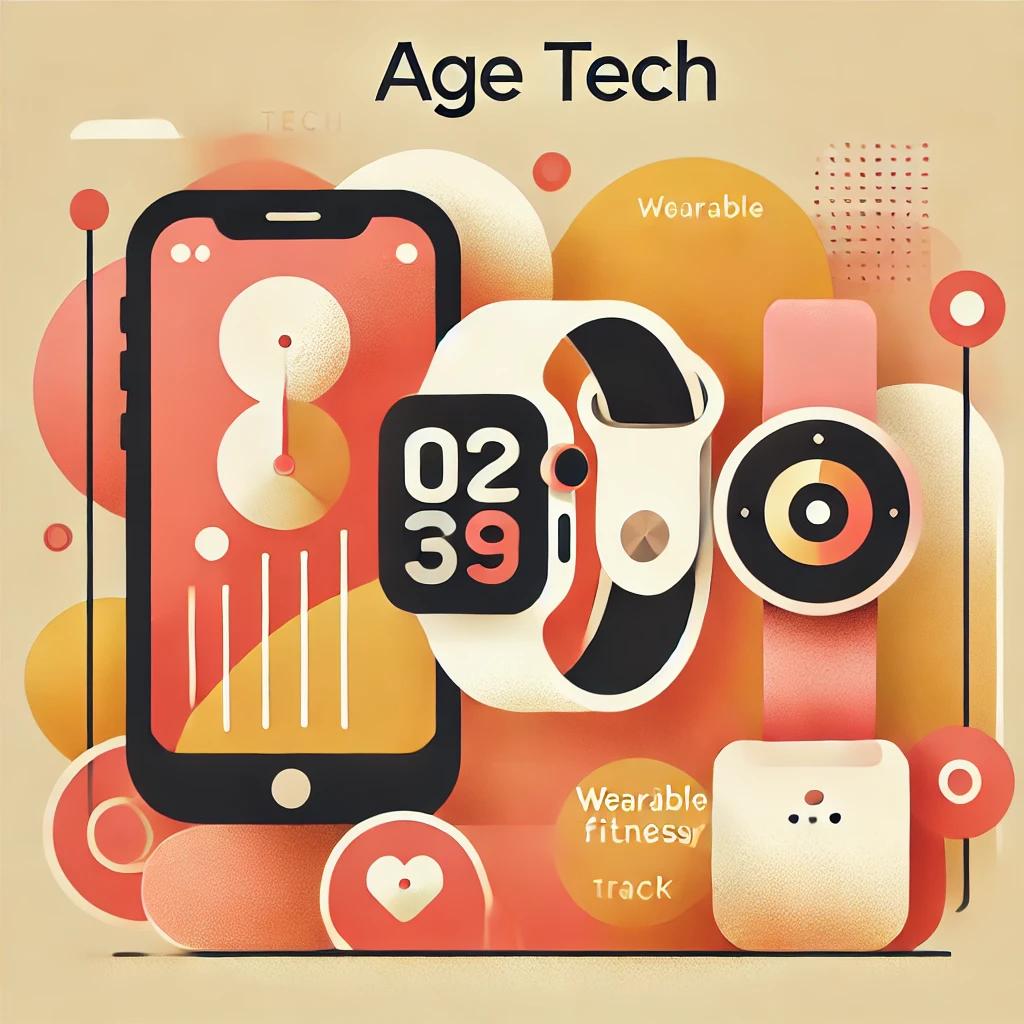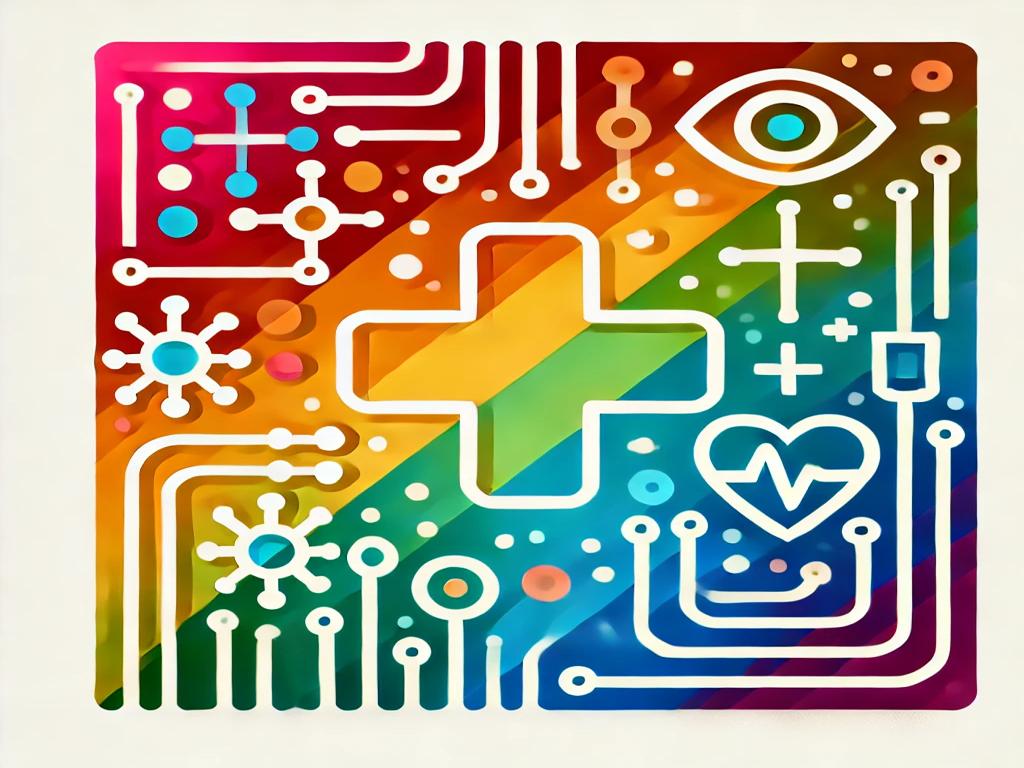Older adults can save tens of thousands of dollars annually by choosing assisted living communities over aging in place in their homes.
Unlike point solutions, Inspiren unifies resident safety, care planning, staffing, and emergency response into a single AI-powered platform.
An artificial intelligence-powered virtual assistant platform for senior living and care providers.

 Older adults will adapt to change and adopt new technology. When an 88-year-old neighbor is filming fireworks with his smartphone, it is easy to see that times have changed. If an affordable technology can be found that meets a personal need (or
Older adults will adapt to change and adopt new technology. When an 88-year-old neighbor is filming fireworks with his smartphone, it is easy to see that times have changed. If an affordable technology can be found that meets a personal need (or  Touch screens are an unending aggravation. Study the
Touch screens are an unending aggravation. Study the  is time for the 'virtual' AgeTech suite. As
is time for the 'virtual' AgeTech suite. As  HLTH 2024 wrapped up last week in Las Vegas – where else? AI was a big topic – transformational, embedded in health tech, capitalizing on the buzz. Or growing caution,
HLTH 2024 wrapped up last week in Las Vegas – where else? AI was a big topic – transformational, embedded in health tech, capitalizing on the buzz. Or growing caution,